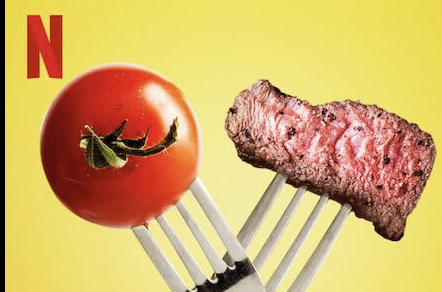
Why Weight Watchers Isn’t The Answer This January
It’s that time of year again: following the joy and celebrations of holiday meals, treats and drinks during the winter ...
It’s that time of year again: following the joy and celebrations of holiday meals, treats and drinks during the winter holidays, diet culture pushes the guilt and shame associated with weight gain and perceived indulgence. Instead of writing down all the amazing things you want to accomplish in the New Year, you’ll find “Lose 10 pounds” or “Fit into a Size 6” at the top of the list.
As a society that wants results immediately, many of the popular diet trends you see on social media and in the news promote short-term weight loss but don’t account for nutritional needs, balance or the ability to sustain them long-term. Some programs, like Weight Watchers, encourage cutting calorie intake and/or cutting out entire food groups, in addition to heavy exercise with little to no rest days for recovery. While you may hear “success stories” with these diets, you’ll also find others who have had lasting negative impacts. Disordered eating habits, being stuck in the binge-restrict cycle, and other health concerns are just a few. It’s even been researched that 90-97% of all dieters will regain any short-term weight loss back.
Committing to a healthy lifestyle – body, mind and spirit – in the New Year is a great thing! Nutrition, how we move our bodies and how we feel about ourselves as a whole are all important parts of a healthy lifestyle. If you’re looking into making healthy, sustainable changes in your health, here’s why Weight Watchers might not be the answer this year:
Weight Watchers Isn’t Sustainable
Weight Watchers (WW) is a nutrition program where you swap out foods for points, and where all of the foods that you eat in a day are correlated to a numeric that WW has made up. Some food items have a higher point number, such as 9, whereas others are low on the list like 1-3. There is also a list of No-Point Foods, which are considered a “free-for-all” and can be eaten at any time. With this point system, WW assigns you a total maximum number of points you are “allowed” to eat in a day for weight loss.. Not only does that take a lot of time, accuracy and calculation – it can take a huge toll on your mental health associating the food you eat with a point system that says you’re “on track” or not. After months or years of calculating your daily worth on “points,” it would be almost impossible to sustain, and doesn’t leave room for trying new foods or cuisines.
Weight Watchers isn’t Flexible
Weight Watchers doesn’t leave room for holidays, birthday parties, treats, traveling to different cuisines, you name it! WW expects you to eat the same number of points per day, and expects you to “make up” days you may have overindulged or “gone over.” A flexible mindset around food allows you to eat food as just “food,” not as an extreme focus on “point,” “carbs,” “fats,” or “sugars.” The key to sustainable and nourishing living lies in balance: and labeling foods as “good” or “bad” can stigmatize food and food groups and create shame around eating. If you are really tuning into what your body is saying and what, you will naturally gravitate towards a variety of foods of all nourishment levels!
You Are More than Your Weight
New Year’s resolutions that focus on diet and/or exercise generally underscore some level of body dissatisfaction. With unrealistic and physically unattainable standards from the media, it’s no surprise that we think we must be the smallest versions of ourselves for praise! Instead, set goals that nurture the mind, body and spirit, as opposed to goals specific to body improvement. When we focus on our weight, shape, size or appearance, we can find ourselves neglecting our true desires!
What To Do Instead
The New Year is a time to reflect on who you’ve been, who you are now, and who you want to be. If you are looking for support on how to eat for YOUR body and needs, our free snacking guide is a GREAT place to start!
Click here to download and learn the top 3 mistakes people make when snacking, the right combination of foods to feel energized and satisfied, and get 20+ snack ideas that take no time to prepare.


